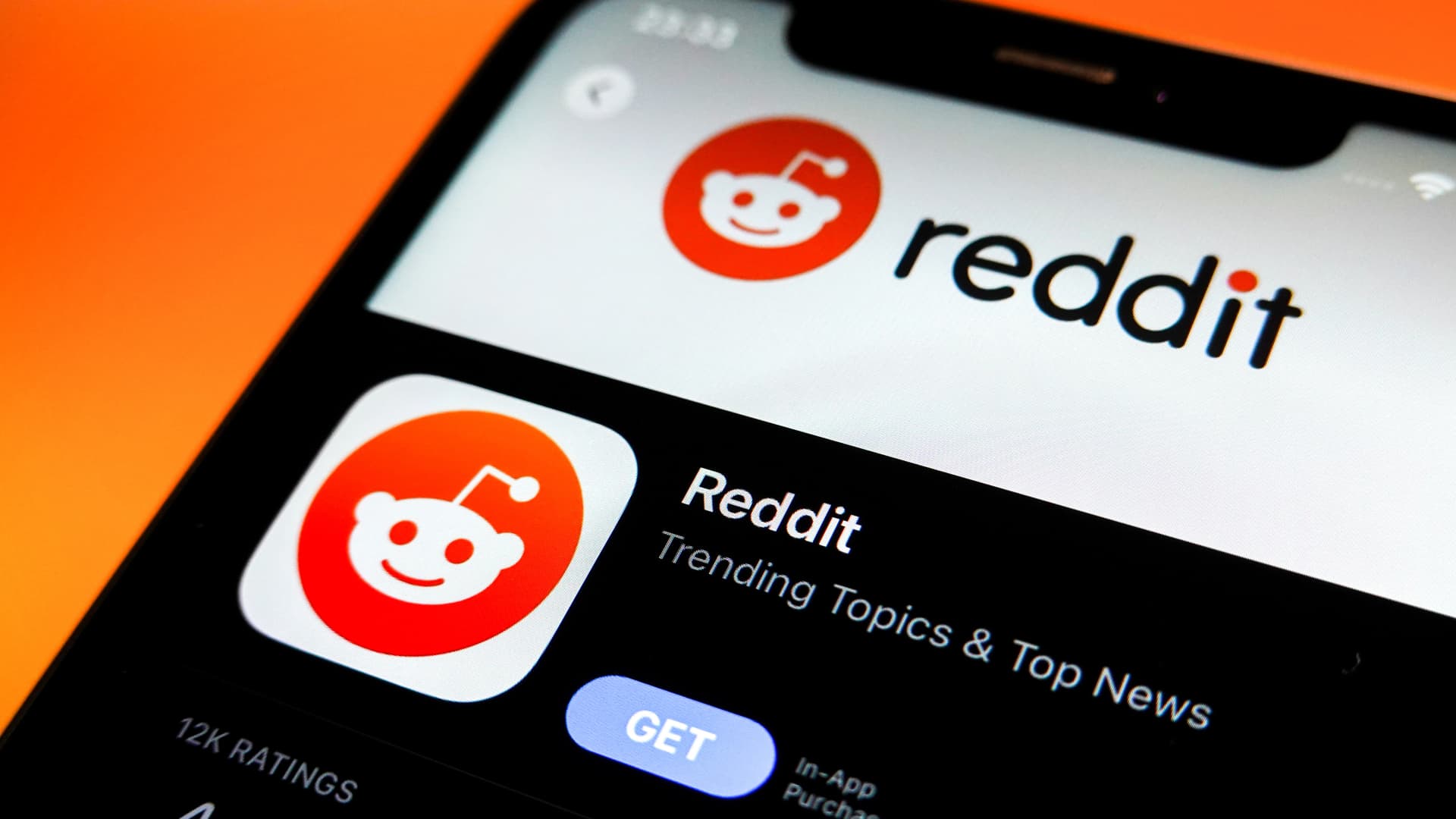Reddit Co-Founder Critiques Meta’s Pragmatic Shift Away from Third-Party Fact-Checking
In a bold statement, the co-founder of Reddit, Alexis Ohanian, has publicly critiqued Meta’s recent decision to eliminate third-party fact-checking, describing the move as “very pragmatic.” This commentary raises pressing questions about the implications for information integrity and the growing responsibility of social media platforms in managing misinformation. As the digital landscape continues to evolve, the repercussions of such decisions could be far-reaching, influencing not only the platforms themselves but also their users and the broader society.
The Context of Meta’s Decision
Meta, the parent company of Facebook and Instagram, has been under increasing scrutiny regarding its handling of misinformation. The platform’s reliance on third-party fact-checkers was initially seen as a commitment to transparency and accuracy. However, recent changes indicate a shift in strategy, suggesting that Meta is prioritizing user engagement and business interests over rigorous fact-checking. This shift has raised eyebrows among industry experts and social media users alike.
Understanding the Implications
Ohanian’s critique of Meta’s move is not merely a reaction to a corporate strategy; it touches on larger themes of trust and responsibility in the digital age. Eliminating third-party fact-checking could lead to several significant implications:
- Increased Misinformation: Without third-party oversight, the potential for misinformation to spread unchecked rises dramatically. This could foster environments where fake news proliferates, affecting public opinion and decision-making.
- Impact on User Trust: Users may begin to question the reliability of information shared on Meta’s platforms. A decline in trust could lead to decreased user engagement and, ultimately, a drop in revenue for the company.
- Responsibility of Social Media Platforms: The shift highlights a critical question: what role should social media platforms play in ensuring the integrity of information? Ohanian’s comments underline the need for platforms to take a proactive stance in combating misinformation.
Ohanian’s Perspective on Responsibility
As a co-founder of one of the most influential social media platforms, Ohanian’s insights carry weight. He emphasizes that a responsible approach to information sharing is essential for the health of online discourse. According to Ohanian, relying solely on user reports or algorithmic moderation is insufficient. He advocates for a balanced approach that includes expert oversight to maintain the integrity of the information presented to users.
The Role of Fact-Checkers in the Digital Age
Fact-checkers serve as an essential line of defense against misinformation. Their role includes:
- Verification: Fact-checkers assess the accuracy of claims made on social media, ensuring that users are not misled by false information.
- Education: They help educate users about media literacy, empowering individuals to discern credible sources from dubious ones.
- Accountability: By holding platforms accountable for the information shared, fact-checkers contribute to a healthier online ecosystem.
Ohanian’s critique highlights the importance of maintaining these functions, particularly as misinformation continues to evolve in sophistication and reach.
The Business Perspective: Pragmatism vs. Ethics
From a business standpoint, Meta’s decision could be seen as a pragmatic approach to user engagement. By removing third-party fact-checking, Meta may aim to create a more appealing user experience that encourages more sharing and interaction. However, this raises an ethical dilemma. Is it acceptable for a company to prioritize engagement and profit over the integrity of information?
Many industry experts argue that the two should not be mutually exclusive. Ethical business practices can, and should, coexist with profitability. Companies like Meta have the resources and capabilities to invest in robust fact-checking systems that not only enhance user trust but also contribute to a more informed public.
Alternatives to Third-Party Fact-Checking
While third-party fact-checking has been a common approach, other alternatives could serve to enhance information integrity on social media platforms:
- Community Moderation: Platforms could empower users to participate actively in moderation efforts, providing a more democratic approach to information verification.
- Algorithmic Transparency: By making algorithms more transparent, users could understand how information is prioritized and shared, potentially reducing the spread of misinformation.
- Enhanced User Education: Educating users on recognizing credible sources and understanding the importance of fact-checking could empower them to engage with information more critically.
Looking Ahead: The Future of Information Integrity
As Meta navigates this new terrain, the broader social media landscape will likely feel the effects. Users, businesses, and policymakers must engage in an ongoing dialogue about the responsibilities of tech giants in shaping public discourse. Ohanian’s critique serves as a reminder that the choices made by platforms like Meta have real-world consequences for democracy, public health, and social cohesion.
Conclusion: A Call to Action
In light of Ohanian’s commentary, it is crucial for industry leaders, policymakers, and users to advocate for practices that prioritize information integrity. As misinformation continues to pose a significant threat to society, it becomes imperative for social media platforms to balance their business interests with ethical responsibilities. The decisions made today will shape the future of digital communication and the trust users place in these platforms. Engaging in thoughtful discourse and demanding accountability from these companies is not only necessary but vital for fostering a well-informed society.
See more Future Tech Daily

